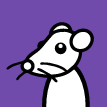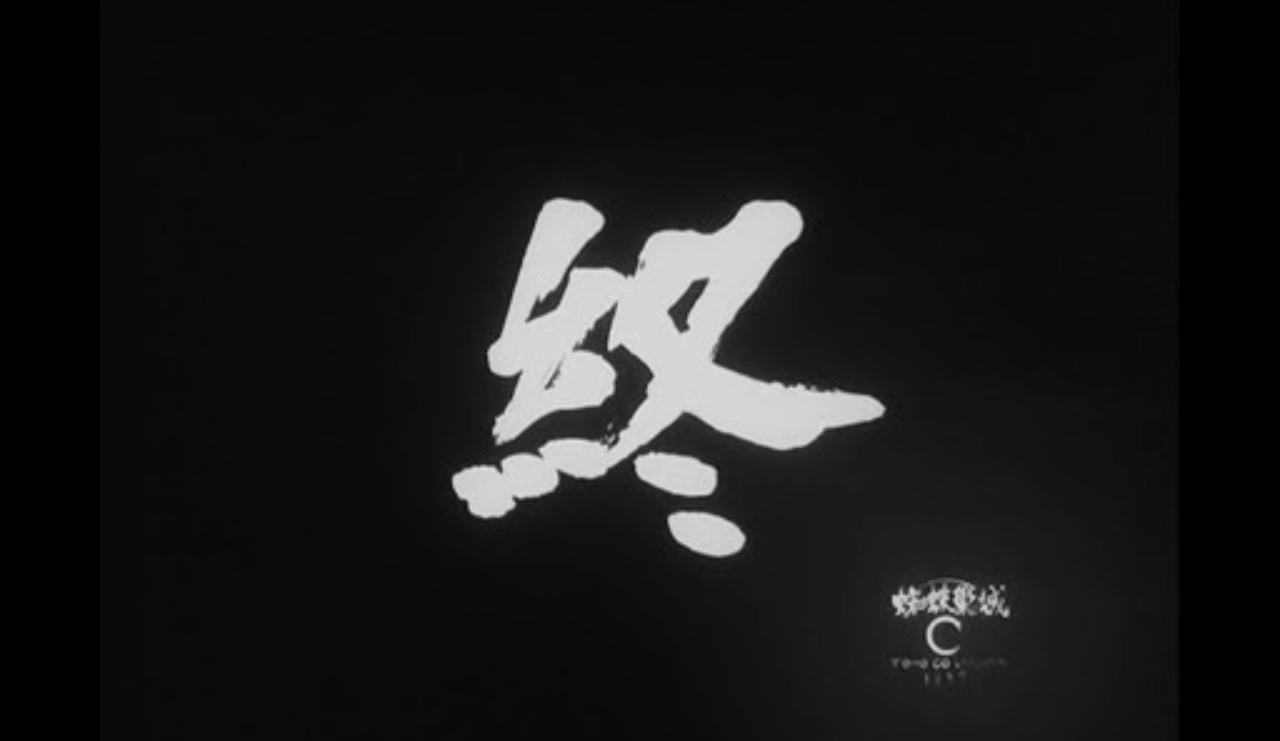Bonus points for any books you believe are classics from that time period. Any language, but only fiction please.
I’m really excited to see what Lemmy has.
Terry Pratchett.
I am on 12 of 42 or however many he wrote, but damn it if his little quips aren’t masteries of word play. So far Sorcery, Wyrd Sisters, and Mort are my favorites.
I tell people it’s like living in a Monty Python universe with a dash of magic.
Be sure to include The Amazing Maurice and Equal Rites and the Tiffany books as well; the only thing YA about them is the ages of their protagonists.
Equal Rites was great! I think that was my first introduction to Granny but I wished there was a sequel.
There kinda is. Esk shows up in I Shall Wear Midnight. Tiffany resolves a lot of the threads left by the witches
deleted by creator
I’m more of a fan of his later works myself. It trades some silliness for depth as time goes on. And I really loved Susan who you haven’t met yet
Neil Gaiman
William Gibson. He’s a huge influence on modern scifi
Not just modern scifi but modern reality.
Thought so too, and looked it up, Burning Chrome is from the 80s.
This was my first thought, but realize he’s probably not well known enough… Yet
Brandon Sanderson
The man is a top flight book generating machine. Where he’s taking the Cosmere, I don’t know, but I’m gladly awaiting for the novels he’ll write the in future to find out. Reading the Stormlight Archive and Mistborn is a joy.
I also really enjoyed how he wrapped up The Wheel of Time. He is much less reluctant to kill off characters than many other authors, and that series needed some serious character culling to bring closure.
I’ve got the hardcover for his new mystery novel ordered. Can’t wait for it to arrive and to read it.
David Foster Wallace
Stephen King
Haruki Murakami
Kurt Vonnegut
Toni Morrison
Just a few names that popped into my head
Edit: some of these are based on popular opinions. For example, I never really got into Toni Morrison
Vonnegut is wonderful but his first book is 1950s and his greatest success is likely the 1960s. Question asked post 1970.
Yeah, I knew he started in the 50s. But you’re right, I looked it up and some of his notable stuff was earlier than I thought
Love DFW
Douglas Adams is undoubtedly one of the greatest writers of the period.
He is known for light, surrealistic science fiction comedy, not a genre generally considered “high art” but his mastery of language is superb. He is a master of analogies in a way that is both funny but also makes the reader think about the roles and conventions of symbolism in language.
“The ships hung in the sky in much the same way that bricks don’t.”
Neal Stephenson
I had to scroll way too far for Stephenson. He has some ups and downs (as all creators do), but some of his novels are mind blowingly awesome.
Diamond Age is my all time favourite (although I read it just one time as I do with all books). In the current age of AI it is very relevant. If nano technology and AI will progress we’ll maybe head into the depicted scenario and I hope I’m still alive then.
Cryptonomicon, Anathem, The Baroque Cycle are wild rides and masterpieces too. Anathem was a bit hard to get into but it got really exciting after the first 300 pages (of ~1000) or so.
Gotta say, every time I go out and look at the moon I can’t help but wonder what would happen if it somehow exploded. Then I find myself wondering why I’m not in an asteroid-mining ship and end up questioning all my life choices.
deleted by creator
Terry Pratchett (first book 1971 so barely counts haha)
This isn’t a perfect example but Cormac McCarthy has been my favourite author for years now, and his first major work Suttree was from '79.
My all time favourites novel is Blood Meridian from 1985. If you’re familiar with metamodernism, which is basically very modern works that have their cake and eat it when it comes to modernist ideals and postmodern critique, you’d clock that practically every western is either a modernist white hat western or a metamodern “the west is grim and hard, but also fucking cool” western. The only straight postmodern takes on the west that I know of are either Blood Meridian or pieces of work that take direct notes from it, such as the films Dead Man from ‘95 (except maybe the Oregon Trail video game from. 85’). Blood Meridian otherwise is a fantastic novel which meditates on madness and cruelty, religion and fate, race, war and conquest and so many other themes. It also has one of the best antagonists ever written in Judge Holden, a character who I would have called a direct insert of Satan if not for the fact that his deeds and the novel as a whole are closely inspired by true events. I feel the novel takes inspiration from Apocalypse Now, specifically the '79 film and not Conrad’s 1899 novel Heart of Darkness. If you enjoy that film, you’re likely to enjoy this book. The opening and closing chapters are fantastic, but I often find myself re-reading chapter 14. It has some of the best prose and monologues of the entire novel, and encompasses in my opinion the main turning point of the novel.
His other legendary work is The Road, a 2006 post-apocalyptic novel. I’ll talk on this one less but as our climate crisis grows and our cultural zeitgeist swings more towards this being the critical issue of our time, the novel fantastically paints itself as both a fantastic warning to our 21st century apocalypse and the unresolved 20th century shadow of nuclear winter. Despite this, it hones in on a meditation of parenthood and could be considered solely about that, with other themes of death, trauma, survival and mortality being explored through parenthood. Of course the unsalvageable deatg of the world that make the setting also makes this theme extra tragic. There is an adaptation into a film from 2008 but it isn’t anywhere near as potent as the novel and I’d suggest should only be seen in tandem with reading the novel. The prize of this novel has really evolved to fit the novel too. McCarthy is renowned for his punctuation lacking prose, but where Blood Meridian is practically biblical in its dramatic and beautiful prose which juxtaposes the plain and brutal violence, The Road sacrifices no beauty in it’s language but is so somber and meanders from mostly terse to so florid, while also always perfectly feels like how the protagonists are seeing their world.
No Country for Old Men was great too, and it made a better transition to film than The Road, in my opinion.
I finished reading them in December, and I’m still obsessed with the genius in The Passenger and Stella Maris. I’ve read the books and listened to the audiobooks. The audiobook for Stella Maris is exceptional.
deleted by creator
Neil Gaiman. The man can write novels, YA novels, graphic novels, children’s books. And they all have such well crafted worlds that you just want to lose yourself in them.
I also think Neal Stephenson and Corey Doctorow deserve WAY more attention than they get.
I’d second all three.
Neil Gaiman is absolutely one of my favorite authors and from what I’ve seen, a pretty great human being as well.
American Gods and Neverwhere are classics. Neil Gaiman’s place on this list is assured and well deserved.
Absolutely. Anansi boys is my personal favorite of his, but I think highly of all his books.
I love it too, but American Gods is it’s wellspring.
Honestly, Stardust is probably my favorite of his.
Can I cheat? Ursula K LeGuin’s first famous book, A Wizard of Earth sea, was published in 1968. Amazing stuff. Also I love her short story, The Ones Who Walk Away from Omelas.
I only read “The Left Hand of Darkness”. That novell was fire (no pun intended). Excellent world building and super captivating and immersive writing.
Great Author sadly disqualified due to date for the thread.
My only hope for her is that she has more to put out before she passes. Damned good author.
Cormac McCarthy, wrote some books you might have seen as movies such as The Road and No Country for Old Men.
Blood Meridian or The Evening Redness in the West is a crazy good book.
Cory Doctorow and I suggest reading Walkaway. I found it transformative.
Little Brother too, very good.
I’m going to repeat Ursula K Le Guin and Margaret Atwood because it’s hard to overstate how much of everything is in their works. Iain (M) Banks I’ll also echo, but will add China Miéville because there aren’t enough anarchists in this thread.
This
Andy Weir -from a not too avid reader











